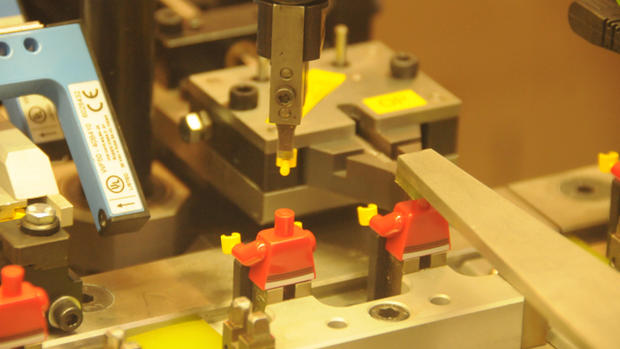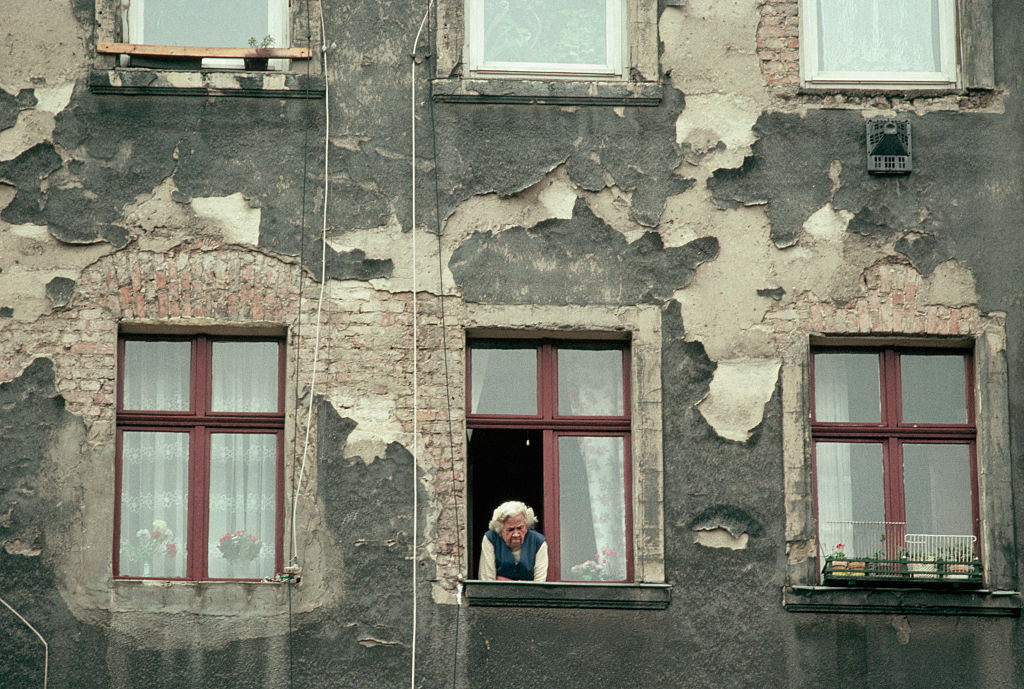Lego drops prototype blocks made of recycled plastic bottles as they "didn't reduce carbon emissions"
Copenhagen, Denmark — Denmark's Lego said on Monday that it remains committed to its quest to find sustainable materials to reduce carbon emissions, even after an experiment by the world's largest toymaker to use recycled bottles did not work. Lego said it has "decided not to progress" with making its trademark colorful bricks from recycled plastic bottles made of polyethylene terephthalate, known as PET, and after more than two years of testing "found the material didn't reduce carbon emissions."
Lego enthusiastically announced in 2021 that the prototype PET blocks had become the first recycled alternative to pass its "strict" quality, safety and play requirements, following experimentation with several other iterations that proved not durable enough.
The company said scientists and engineers tested more than 250 variations of PET materials, as well as hundreds of other plastic formulations, before nailing down the prototype, which was made with plastic sourced from suppliers in the U.S. that were approved by the Food and Drug Administration and European Food Safety Authority. On average, a one-liter plastic PET bottle made enough raw material for ten 2 x 4 Lego bricks.
Despite the determination that the PET prototype failed to save on carbon emissions, Lego said it remained "fully committed to making Lego bricks from sustainable materials by 2032."
The privately-held Lego Group, which makes its bricks out of oil-based plastic said it had invested "more than $1.2 billion in sustainability initiatives" as part of efforts to transition to more sustainable materials and reduce its carbon emissions by 37% by 2032, Lego said.
The company said it was "currently testing and developing Lego bricks made from a range of alternative sustainable materials, including other recycled plastics and plastics made from alternative sources such as e-methanol."
Also known as green methanol, e-methanol is composed of waste carbon dioxide and hydrogen, created by using renewable energy to split water molecules.
Lego said it will continue to use bio-polypropylene, the sustainable and biological variant of polyethylene — a plastic used in everything from consumer and food packaging to tires — for parts in Lego sets such as leaves, trees and other accessories.
"We believe that in the long-term this will encourage increased production of more sustainable raw materials, such as recycled oils, and help support our transition to sustainable materials," it said.
Lego was founded in 1932 by Ole Kirk Kristiansen. The name derived from the two Danish words, leg and godt, which together mean "play well." The brand name was created unaware that lego in Latin means "I assemble."





